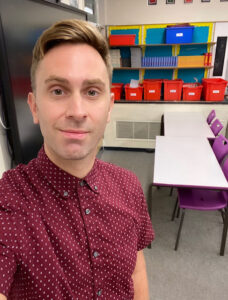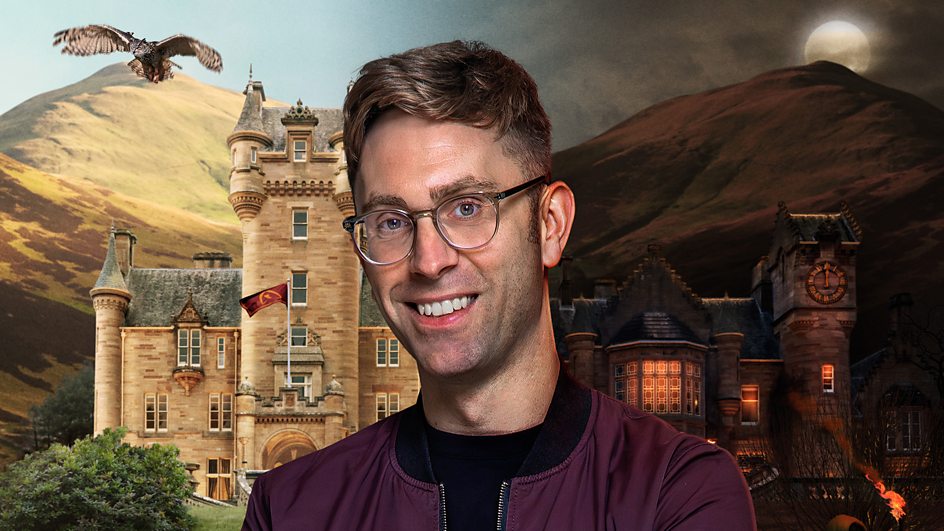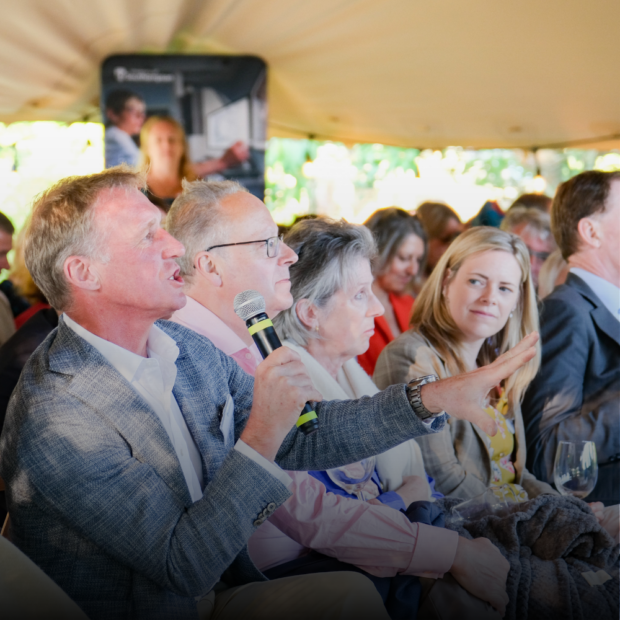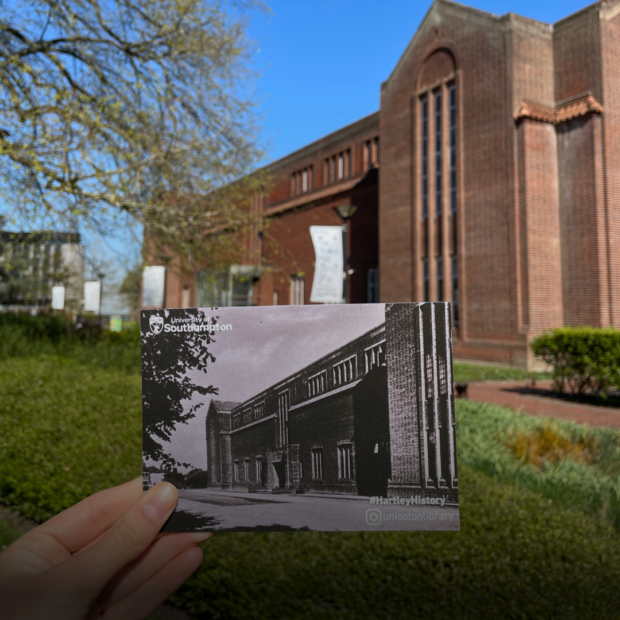Hartley News Online Your alumni and supporter magazine
Teaching is consistently seen by graduates as a varied and rewarding career option, but for years it’s been a struggle to get enough people into the profession to fully meet the needs of schools. The NFER Teacher Labour Market in England Annual Report, published in March, set out the problems: Secondary recruitment is now nearly 40% below target, and Primary recruitment fell short for the third consecutive year.
Matt Perks from Southampton Education School explains, “One of the most consistent findings in education research is that the quality of teachers is more important than the quality of schools, funding, curriculum, or almost anything else that might make a difference to children’s education. We do everything we can to put great teachers in front of the children of our city. In turn, partnership schools in the city, across Hampshire, and beyond, are playing a crucial role in helping us to train the next generation of teachers.
“Why it’s so hard to recruit enough teachers is sometimes a bit of a puzzle. It’s varied and rewarding work. So many graduates are looking to ‘put something back’, and teaching does this in spades. It’s mobile, the Shetland Islands has the UK’s most northerly schools and Cornwall the most southerly, and with nearly 30,000 more schools to choose from in between. Qualified teachers are welcomed with open arms in places like Australia and New Zealand, plus there are British curriculum schools in almost every major city worldwide. Teachers do sometimes moan about pay, but with a 28% employer pension contribution on top of a minimum starting salary of £31,650, that’s a package worth over £40k. There’s an old joke that the best thing about teaching is July and August, but 14 weeks holiday is clearly a major perk!”
In recent years, Southampton has seen an increasing cohort of students who’ve graduated, having tried another career for a handful of years – sometimes longer – but found themselves wanting something more – more impactful, more rewarding.
A faithful graduate
One such graduate is alumnus Joe Scott, who featured prominently on BBC show The Traitors in January this year. Joe teaches English at a secondary school in Southampton, having completed his PGCE in 2023.
Cast as a ‘faithful’ in the series, a player who’s loyal to the group, Joe gave a standout contribution to the faithful’s mission, finding himself in the final eight of 25 contestants.
A journalism graduate with a variety of UK and international based roles under his belt, Joe felt he hadn’t quite found his calling career-wise. He explains, “I travelled a lot after university. I went to Canada and ended up working at a media arts school, going out to other schools to give presentations. I’d be standing in front of classes I didn’t know, teachers I didn’t know, in an environment where I knew nobody, but I really enjoyed it. I thought ‘If I can do this in schools where I don’t know anyone, I can do this anywhere’.”
“Teaching was something I kept coming back to in my head again and again. It sounds like a cliché, but I wanted a sense of purpose. I’d always been very lucky with my jobs, enjoying the work and the people, but I never felt sure about where I was going in life.”
So, when Joe made the move to Southampton during the pandemic, the Education School became the logical next step.
Southampton offers a level of subject-specificity that few other providers can match. After all, teaching science is not the same as teaching history or art and design, and trainee teachers want to learn from experienced subject specialists. For Joe “It was always going to be English – I’d always loved it at school.” Additionally, it was the structure of Southampton’s programme that really attracted him. “Having four days out in a school and one day learning on campus made for a really immersive experience. Occasionally I’d have a bad week or think I wasn’t cut out for it, but then I’d get to campus and realise everyone was having similar doubts and we’re all in this together. Having a day to collectively re-group and debrief was really useful.”
So, what did Joe’s students make of his TV stardom? “They were so supportive. The show had already been on a week by the time we were back in the classroom, as it premiered over the Christmas holidays. When we came back it wasn’t so much “Oh you’re on TV sir!” it was more “Sir, Linda [a fellow contestant] is obviously a traitor, how did you not know?”. That first week back I agreed with each class that after the register I’d take some questions, but then we’d crack on with the lesson as normal. There was a really humbling moment when one of my students put his hand up, I thought to ask a Traitors question, but said “Sir, is there a new class seating plan?”. Some things never change!”
Teaching Traitors
We asked Joe to share how his training and experience as a teacher helped shape the strategic skills he used as a Traitors faithful. Aspiring teachers and Traitors contestants, take note.
Trust and honesty
“When you go into the show, you have to get people to trust you. You need them on your side and to have your back. When you enter the classroom, it’s exactly the same. If students are going to be engaged and listen, there needs to be a level of trust. As a faithful, and in the classroom, it’s genuine trust I’m trying to build and it’s really important to establish those key relationships and be a person that’s seen as an ally.”
Critical thinking
“At the moment in school, we’re studying non-fiction writing, looking at how newspaper articles report on stories, whether there might be elements of bias and why those newspapers or writers might have their own motivations. Similarly, on The Traitors you have to keep in mind that players are telling you a particular story but have their own agenda. How can you tell who is telling facts and truths, and who might be an unreliable source? You’ve got to work out and rationalise what to believe and what to take with a pinch of salt.”
Adaptability
“Entering a round table is exactly like entering a classroom. You might think you know what’s going to happen, you’ve got it all planned out in your head, but there’s always an element of the unexpected. At the round table, people end up voting for other people, things get brought up that you weren’t expecting. Similarly in the classroom, there might be last minute obstacles. It might be that someone’s been absent and needs to be caught up ahead of an assessment, an unplanned assembly, a timetable change. It’s all about thinking on the spot, thinking fast, and trying to keep things steady.”
Leadership and motivation
“You’ve always got to think of the end goal. With my students, that’s usually motivating them to do well in their assessments and beyond. There might be the odd lesson that doesn’t suit someone or isn’t something that they particularly enjoy, so I’ll always try and remind them of their strengths and encourage them to power through. I think that’s the same on the show. There were difficult days where morale was low, but you have to remember the end goal.
“Classrooms are like a mission – we’re all in it together. Sometimes there’ll be people struggling a bit more, but we’ve all got the same end goal to succeed.”
Teamwork
“I’m so lucky that in the school I work in, and particularly amongst the staff, there’s a real feeling that we’re all one big team. Teaching can be a tough job, just as being on the show could be, but having the support of your team is what gets you through it all.”
Problem solving
“You always have to think three steps ahead on the show. You have to think ‘if I’m going to accuse this person, there’s a chance they’re going to come back at me’. It’s almost like a game of chess, and that’s exactly the same in the classroom. You need to think ‘what are the unforeseen things? What questions might someone ask? How will something impact the rest of the lesson?’. It’s about planning for every scenario.”

Considering teacher training?
At Southampton, we offer a 10% alumni discount across many of our teacher training programmes. For those already in teaching and looking to become an educational leader, your discount also applies to our fully online, part-time master’s in education.
Regardless of your reasons or your route, there’s no doubt teaching offers graduates a varied and rewarding career.
As Joe says, “People who’ve known me for a long time say that they can tell I’ve now got something that’s my own, that I’m more fulfilled. I feel like I’m doing what I’m meant to be.”
Follow Southampton Education School on Instagram:
@uos_pgce


